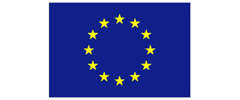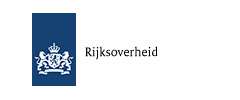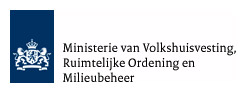Making WASH in Schools more Sustainable: Case stories from SuSanA partners
Mama86 and Ormax featured for their good examples for ecological sanitation and water safety plans
08.09.2014 |Claudia Wendland

In time for the World Water Week 2014, a collection with the 12 best practices is presented in Stockholm. The school stories come from all over the world: Colombia, Germany, India, Kenya, Moldova, Philippines, Ruanda, Ukraine, Zambia and Zimbabwe.
Empowered School Communities
Various approaches, both practical and innovative, to provide sustainable WASH solutions in schools are featured: construction of water and sanitation systems, but also to show how these systems are operated and maintained through active involvement of pupils, teachers, cleaning staff and community members. In some cases, awareness is raised for the accountability of functioning WASH facilities among school children and teachers, which can lead to empowered school communities taking responsibility and consequent actions to improve the situation themselves.
The stories presented here shall raise awareness about the importance of ensuring access to WASH and in particular sanitation in school settings among decision-makers, planners and practitioners working in and with schools and interested people around the globe. They will also shed light on the good work that is being done by SuSanA members and partners.
WASH in Schools
As WASH in Schools is not considered as a priority for most communities and municipalities, the situation in many places in deplorable to the extent that there are even no toilets for students and teachers to use. In other situations, the physical infrastructure may exist, but it is not well-maintained, no management system is in place to keep facilities clean every day, and children do not practise proper hygiene, all of which can lead to both health and environmental problems. In other words, there is a need not just for WASH, but for a sustainability of WASH.
Case story from Ukraine
The case in Ukraine realized by Mama86 and WECF shows how alternative technologies can be successfully implemented and are well accepted in Europe. An indoor school toilet equipped with a urine diverting dry system has been operating now for 5 years in Nizhyn. The sustainability is made alive thanks to the active participation and awareness among pupils, teachers and cleaning staff. In Moldova, the local NGO Ormax showed how pupils can be mobilized through the water safety plan methodology and manage to take action themselves to improve their lives in the rural community.
This publication was initiated during the SuSanA working group 07 meeting in Stockholm where the members raised the demand for showcasing best practices in school sanitation worldwide. The working group, named “Rural community and schools with gender and social aspects”, consists of many very engaged SuSanA members who are doing great work in the communities.
During the past two years, case stories of SuSanA partners have been collected on the SuSanA forum and a selected number compiled into this first publication. WECF, currently leading the working group, and GIZ who spearheaded this process are grateful to the many people who contributed to this exercise of knowledge management, joint learning and advocacy.
Publication is available here.


































